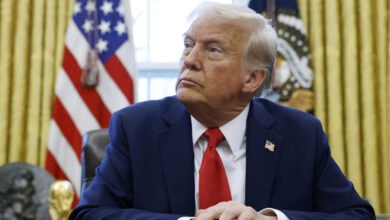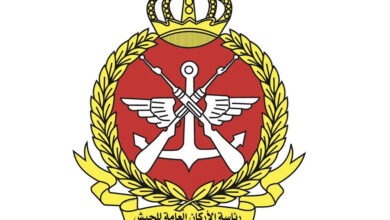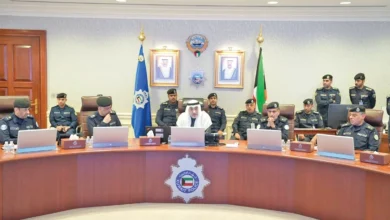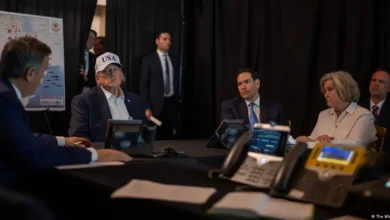
In a significant escalation of tensions between Moscow and Washington, the Kremlin has announced that Russia will deploy short- and medium-range missiles “when necessary,” affirming that it is no longer bound by the voluntary limits it observed after withdrawing from the Intermediate-Range Nuclear Forces (INF) Treaty.
The move follows the United States’ stated plans to deploy similar missiles in multiple regions. Kremlin spokesman Dmitry Peskov emphasized that Russia reserves the right to take any defensive steps it deems necessary and declined to disclose specifics of its military strategy.
He also accused the U.S., along with its NATO and Asia-Pacific allies, of ignoring Russia’s efforts to prevent a renewed arms race.
The Russian Foreign Ministry echoed these sentiments, stating that the conditions for maintaining a missile deployment moratorium no longer exist. Moscow criticized Washington for moving forward with the deployment of offensive systems without engaging in negotiations or offering reciprocal commitments.
According to Reuters, informed sources revealed that President Vladimir Putin is paying little heed to U.S. President Donald Trump’s latest deadline, which threatened severe sanctions — including a proposed ban on Russian oil exports to nations like China and India — if the war in Ukraine continues.
Putin remains focused on consolidating full control over the Ukrainian regions of Donetsk, Luhansk, Zaporizhia, and Kherson, which he now regards as irreversibly part of Russia.
The sources also indicated that while Putin is cautious not to antagonize Trump — anticipating a potential thaw in future U.S.-Russia ties — he believes that making any territorial concessions before securing complete dominance over these regions would damage his credibility at home and abroad.
Meanwhile, Russia launched overnight airstrikes targeting Ukrainian command and logistics centers in the Kyiv and Zhytomyr regions, resulting in explosions reported by local officials.
Amid growing geopolitical strain, Trump again criticized India for its continued purchase of Russian oil, threatening to impose “significant” tariffs and accusing New Delhi of exploiting the U.S. without offering equitable returns. India responded by accusing the U.S. and the EU of hypocrisy, highlighting their own ongoing energy trade with Russia, especially in gas and nuclear sectors.
Kremlin spokesman Peskov defended India’s position, asserting, “We believe that sovereign states have the right to select their trade partners and systems of economic cooperation in line with their national interests.”
In a notable diplomatic development, Malaysia’s King Sultan Ibrahim arrived in Moscow on a historic state visit —his first — signaling the Kremlin’s efforts to strengthen alliances across Asia amid rising Western pressure












